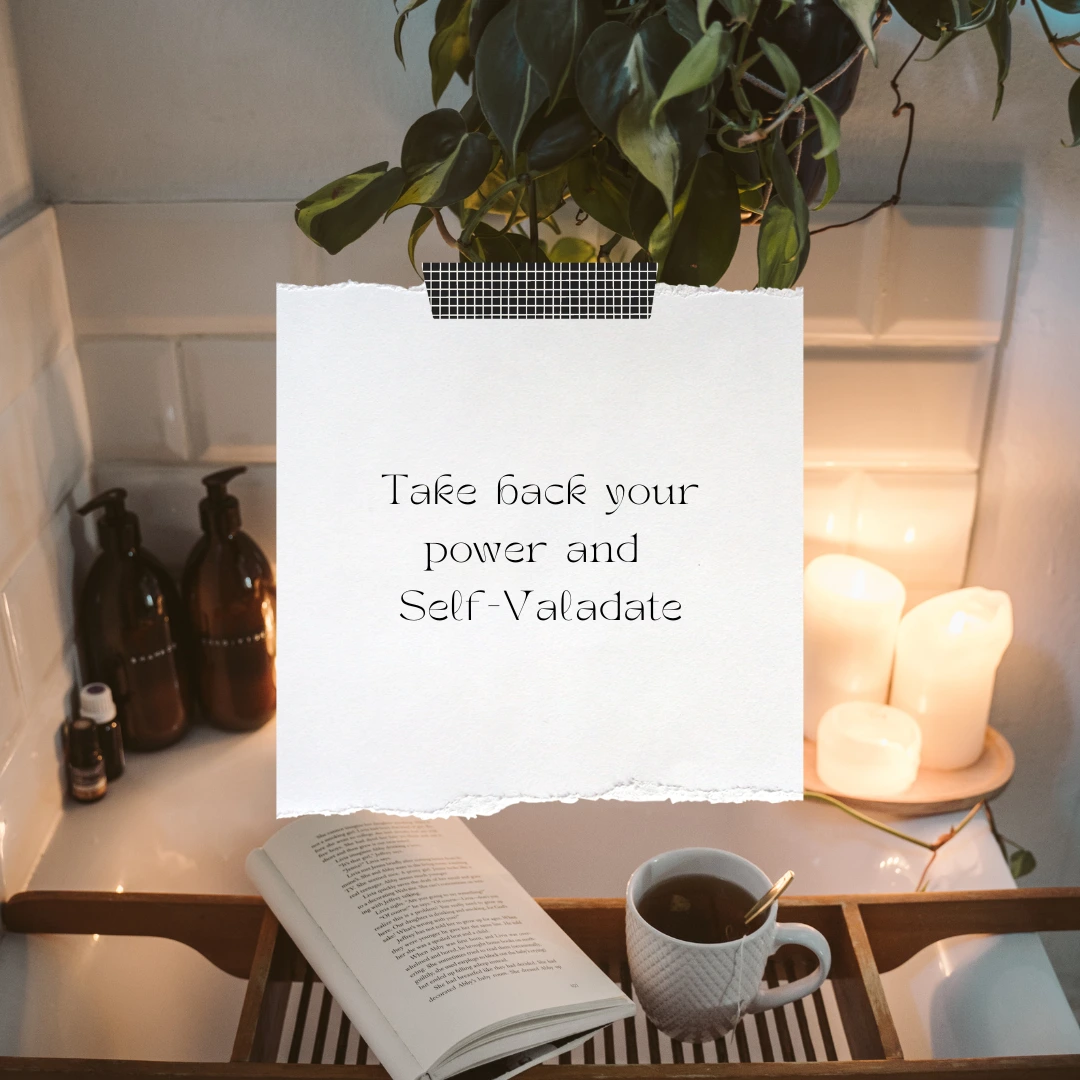Some clients come to therapy carrying an invisible rulebook that says putting yourself first is wrong. They speak of guilt when they say no, of feeling indulgent when they rest, and of believing that validating their own needs is selfish.
But here’s the truth:
Self-validation is not selfish. It’s a quiet revolution.
And for some, it’s a life-saving one.
Learning to validate your thoughts, feelings, and needs can become one of the most important things you ever do for your mental health — and your relationships.
🪞 When Giving Becomes Too Much
Let me introduce you to Lisa (name changed).
Lisa gets asked to do everything and says yes—babysitting for neighbours, baking for colleagues, offering lifts, staying late, and cancelling her plans. She even gave £50 to a stranger at a petrol station who said they needed help. She told me, “It wasn’t the money. It was the fact that I said yes before even checking in with myself.”
In therapy, Lisa suddenly paused and said, “What about me? Who’s prioritising my needs?”
She wasn’t angry. She was tired.
She had become so fluent in meeting everyone else’s needs that she couldn’t hear her own.
🌱 The Virtue Trap
Some clients describe overgiving as a virtue. Being the helper, the peacekeeper, the dependable one — it feels noble. And in many ways, it is. Caring is beautiful. But when it becomes a one-way street, it starts costing more than it gives.
Overgiving without boundaries isn’t kindness.
It’s self-erasure dressed up as virtue.
And eventually, resentment knocks on the door and whispers:
“Is anyone going to notice me?”
💡 What is Self-Validation?
Self-validation means tuning in and saying:
“I see you. I hear you. Your feelings make sense.”
It’s choosing to listen to your inner voice, even when others don’t.
It’s letting your approval be enough.
And no one — no one — can do this for you better than you can. You’ve lived with yourself longer than anyone else on the planet. You know your story, your pain, your patterns. Only you can decide what feels right, what brings joy, and what feels too much.
🛡 Healthy Boundaries Are More Than Just Saying “No”
Many people think boundaries are about putting up walls or turning people away. But good boundaries are about building a strong, loving connection to yourself, so you can show up more fully for others without abandoning yourself.
Here’s how to start:
✨ Five Steps to Self-Honouring Boundaries
- Notice the inner yes/Inner no. Pause before committing. Ask: Do I want to do this? Am I saying yes to being liked or kind?
- Name What You Need. You matter. Your needs are not inconvenient, whether it’s rest, time alone, clarity, or affection.
- Learn to Disappoint with Grace. You can say no kindly. Saying no to others is sometimes saying yes to your sanity.
- Validate Yourself FirstDon’t wait for others to say you’re allowed to feel what you feel. Let you be enough.
- Live Like You’re Worth It—because you are. Low boundaries send a message: “I don’t value myself.” Strong, loving boundaries say, “I care about me. And I teach others to do the same.”
🌻 Final Thought: Your Value Goes Up
Something magical happens when you begin to honour your voice. People start to respond differently. They see you respecting yourself, and often, they follow suit. You’re not seen as selfish, but as someone with presence, with clarity, with self-trust.
Self-validation is not about turning away from others.
It’s about including you in the equation.
You’re not here to be everyone’s solution — you’re here to be whole.
So the next time you hear that whisper — “What about me?”
Pause.
Answer it.
And give yourself the care you so freely offer others.

